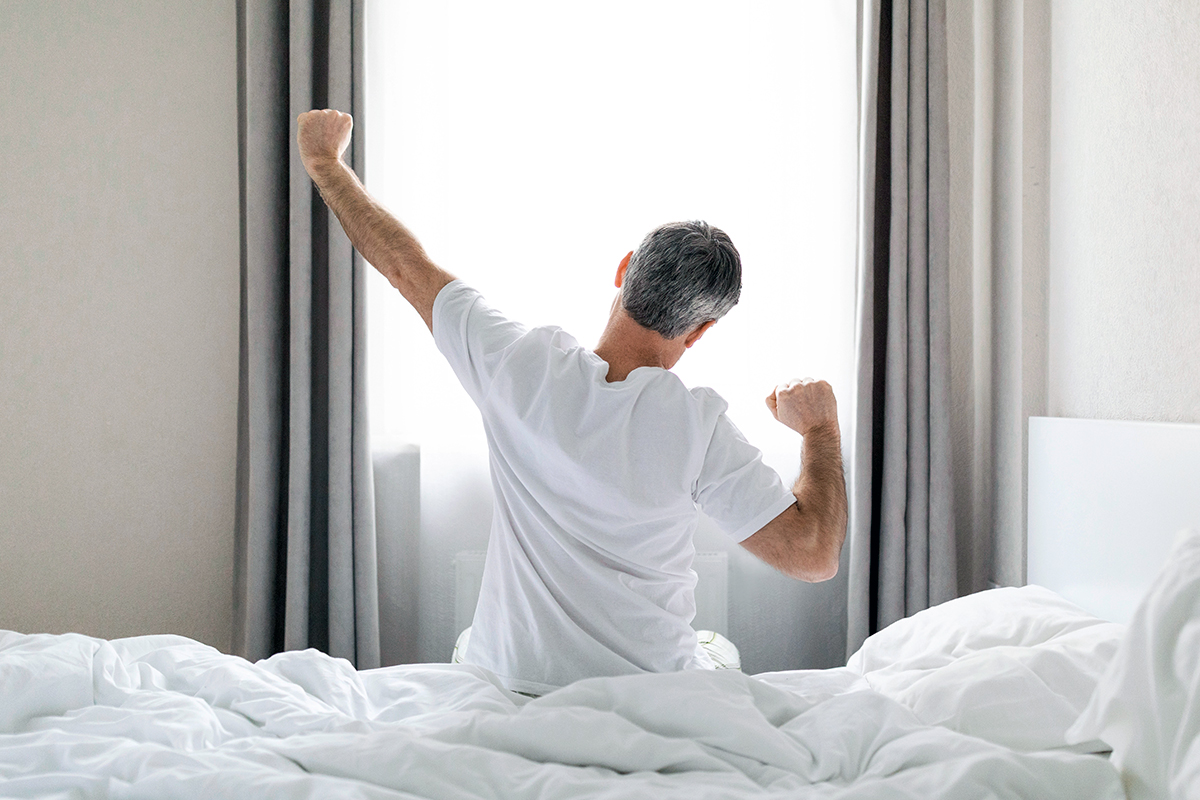
Generally speaking most of us don’t give a lot of thought to our sleep. Often seeing it just as downtime we know we need, rather than prioritising it for our physical and mental recovery.
Overnight repair mode
Sleep is our body’s natural repair mode. With quality sleep, your body has the opportunity to heal damaged tissues, reduce inflammation, and repair muscles fibres. It’s not just rest, it’s recovery.
It’s during deep sleep where the real muscle magic happens. Your body releases growth hormone (GH) and insulin-like growth factor 1 (IGF-1), which work together to signal muscle repair and rebuilding. These hormones stimulate muscle protein synthesis, telling your body to rebuild damaged muscle fibres. At the same time, inflammatory chemicals that build up during training are cleared away.
Poor sleep disrupts these natural processes, and can leave you with elevated stress hormone levels that can actually have the opposite effect and break down muscle tissue.
The science of quality sleep
An in-depth sleep study, published in 2023 with 19,770 participants tracked changes in sleep patterns and body composition over several years. The results showed that when sleep quality deteriorated from good to poor, skeletal muscle mass decreased significantly even when the sleep duration remained the same.
Participants who maintained good sleep quality preserved their muscle mass even if they had a shorter total sleep duration. This suggests that the quality of your sleep might be even more important than the duration.
When both sleep duration and quality decreased, fat mass increased significantly. Showing that poor sleep can create conditions for both losing muscle mass and gaining fat. Sleep deprivation reduces IGF-1 secretion, which is essential for muscle protein synthesis. And without adequate IGF-1, your muscles can’t repair and rebuild. Poor quality sleep increases markers such as IL-6 and TNF-α, which can trigger further inflammation.
If your strength training creates the stimulus for growth, sleep provides the environment for the growth to actually occur.
A good night’s sleep
- Prioritise consistency
Our circadian rhythm loves routine, think of it as your internal system clock. When you go to bed and wake up at roughly the same time, you’re giving your body the best opportunity for both physical and mental recovery. - Creating the right conditions
Sleep experts recommend your bedroom temperature should be cool, around 18°C, and completely dark. You should also try to invest in the best mattress you can afford, it’s not like it won’t be used often. - Try to avoid late caffeine and heavy meals
Both can fragment your sleep, reducing the time spent in deep, restorative stages - Consider tracking your sleep
There are many smartphone apps and wearable tracking devices for monitoring your sleep quality and duration, the most popular as a standalone app is Sleep Cycle.
Prioritise quality sleep tonight, and your muscles will thank you tomorrow.

